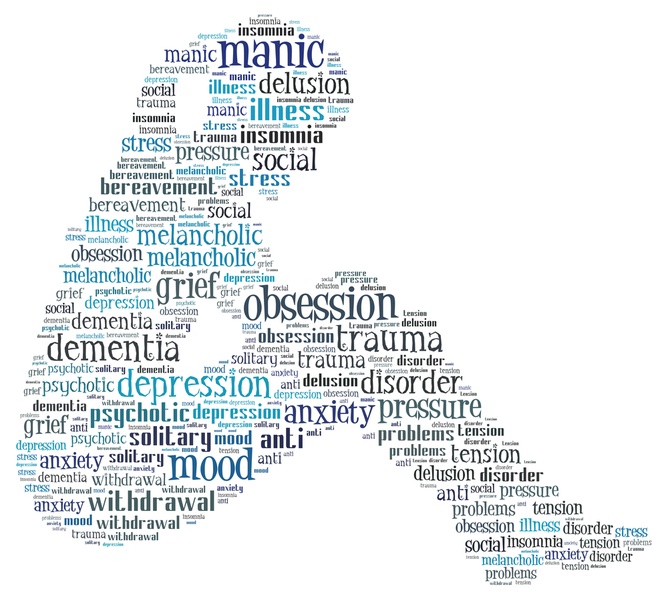Child abuse can have profound and lasting effects on a child’s physical, emotional, and psychological well being. The impact all depends on the severity and the type of abuse that they have experienced. Children who are abused or neglected are also at an increased risk for experiencing abuse in the future. Some of these effects includes:
- Physical Effects
Child abuse cause a long-term effect on an individual’s physical well-being, causing serious harm including neurological and developmental problems (James & Green, 2018) Children that faced a high rate of adverse childhood experiences like physical abuse are likely to live an unhealthy life which will eventually affect them as they grow. Prolonged exposure to stress and abuse during childhood can affect the development of the brain or impaired growth.
- Academic Effects
The emotional stress from abuse can interfere with brain development, leading to learning difficulties and academic challenges making it challenging to grasp or retain information, completing assignments, and performing well academically. This can cause a long-term effect on a child’s academic life because if from young they cannot focus and retain information, then they eventually would not be able to accept this as they go higher in their education. This can lead to a child dropping out of school because they would not be motivated to go.
- Behavioural Effects/Changes
Some children may start exhibiting aggressive behaviours. They will start to engage in verbal aggression where they will start yelling and using negative languages, cursing, or teasing others and physical aggression in which they will start hitting or pushing around others and end up in physical fights. Children may lack self control and will not be able to cope with their frustration and anger and this can lead them in partaking in fights, and harming others as a way of venting their anger and getting rid of their frustrations.
- Psychological Effects
Child abuse will lead to emotional trauma which will lead to symptoms such as anxiety, depression, and post-traumatic stress disorder (PTSD). They will start developing poor self-esteem, where they will look down on their self-worth. They will experience difficulties forming healthy relationships with those who are around them. This will lead to possible long-term effects because they will be left in a state where they will need therapy to get over it. They will always be in depression and can even harm themselves to get rid of the feeling.
- Emotional Effects
The emotional stress from child abuse can lead to a disruption in the normal function of the brain particularly in regions associated with cognitive functions such as memory, attention and problem solving. This will affect them eventually since they would not be able to function properly in various aspects in life. Just imagine not having a stable memory, you would not be able to do anything.
It is important to note that not all children will exhibit the same effects to the challenges faced in child abuse. The impacts will vary significantly based on their individual differences, how they can cope with these challenges and how strong their support system is. Each child is different and unique in their strengths thus influencing how they can navigate and respond to these challenges.
